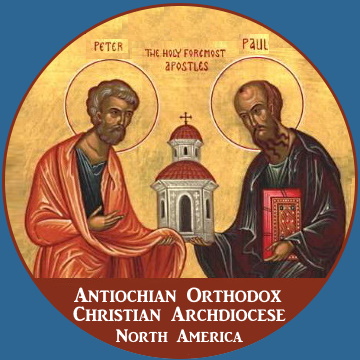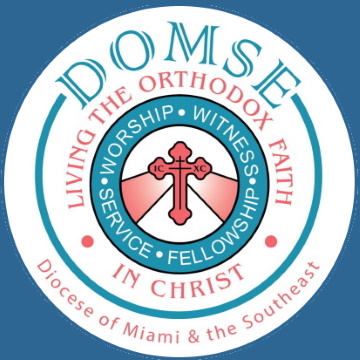Sunday of the Holy Cross
“Learn to prefer nothing to Christ… to dash every temptation against the Rock that is Christ.” – St. Benedict of Nursia
As Christians, we wear crosses. We make the sign of the cross like a million times during the Liturgy. We venerate and kiss the cross. We receive our blessings under the cross. The cross seems to be everywhere!
St. Paul wrote to the Corinthian congregation: “For I determined not to know anything among you except Jesus Christ and Him crucified.” (1 Cor 2:2) It seems a very strange thing to resolve, considering the message of the resurrection, the days with the disciples, the ascent into Heaven, and the glorious return in judgment on the Last Day. Wouldn’t have been better to resolve to know nothing but the Incarnate Christ? Or maybe the Risen Christ? Christ the Victor?
There is something very special about the message of the cross, though. It is foolishness. It is weakness and mystery. On the cross we see a dead king, crowned with thorns, and somehow we confess: “This is my King and my God!” How does this upside-down, backward message ever come to anything?! Because it is the power and the wisdom of God.
Standing before the cross of Christ we see for ourselves that God’s ways are not our ways. Nowhere is that clearer than before the Holy Cross. If men were imagining their own god, he would be powerful beyond imagining. He would be just and good to be sure, but also glorious and mighty. He would be arrayed in might and surrounded by riches. He would grant boons to those who serve him.
That is why the Holy Cross is the destroyer of all idols. All false gods are brought to nothing before the cross. Here is the true God Almighty! He is nearly the exact opposite of any god we would fashion for ourselves. He is weak, defeated, afflicted, and dead. He is humble and submissive. His crown is made of thorns. He is surrounded by enemies who mock instead of adoring crowds who cheer. The boon He grants His followers is that of martyrdom.
Here is Wisdom! Here is the Power of God! By means of His cross, Christ has cast down every idol and dashed every vain spiritual imagining of mankind. By means of a tree, the Son of Man has defeated him who once before by means of a tree had defeated man.
“Save, O Lord, Thy people and bless Thine inheritance; grant Thou unto the faithful victory over adversaries. And by the power of Thy Cross do Thou preserve Thy commonwealth.” – Apolytikion of the Holy Cross


